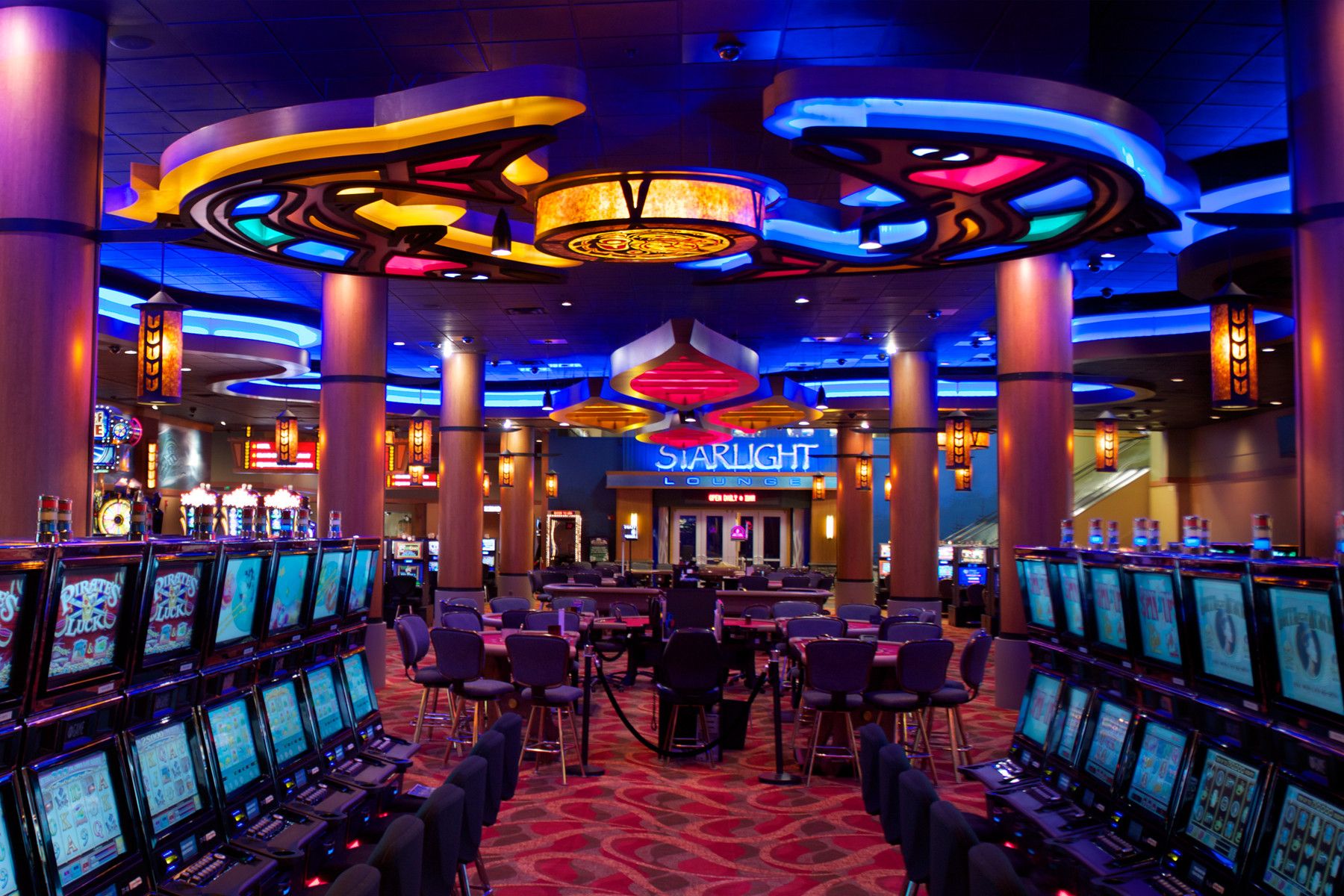
Gambling games have long been a staple in human culture, delivering not just entertainment but a fascinating reflection of our aspirations, ambitions, and fears. From the turning reels of a slot machine to the tactical play of poker, these games represent a spectrum of human emotions and experiences. At their core, casino games are more than a chance to win money; they are a reflection of life itself, where risk versus reward converge and luck can change in an moment.
As players gather around tables or sit in front of brightly lit machines, they take part in a tradition that transcends mere playing. These games mirror our innate desires for relationships, excitement, and the quest for chance. They also reveal deeper truths about human behavior, such as our relationship with chance and the adrenaline of the unknown. In exploring casino games, we discover not only the nuances of play but also the complex weave of the human experience, showcasing our intertwining narratives of hope and reality.
The Psychology of Gambling
Gambling is intrinsically connected in the psyche of individuals, tapping into various emotions and wants. The thrill of risk-taking is a core aspect that draws players in, whether it’s thrill of spinning a roulette or the anticipation of drawing a winning card in a poker game. This rush of adrenaline is frequently likened to other forms of thrill, as the unpredictability of outcomes triggers a unique psychological response. Gamblers often find themselves captivated by the chance of winning big, leading to an almost magnetic draw toward gambling games.
Another, a crucial component of the psychology behind gambling is the concept of hope and aspiration. Players often indulge in fantasies of financial freedom and the opulent lifestyle that can follow winning. This optimism fuels their continued participation in casino games, as it provides a sense of purpose and the conviction that a life-changing win could be just one wager away. The narrative of overcoming odds and finding success resonates with many, reinforcing their dedication to play and engage with these games.
Lastly, social aspects play a crucial role in gambling psychology. Casino environments are designed to foster social interaction, where players gather to share the journey of wins and losses. This communal aspect not only amplifies enjoyment but also influences behavior, as individuals often imitate the actions of others around them. The social validation found in mutual thrill can magnify the emotional experience, making casino games a mirror of not just personal desires but also collective engagement within the gaming community.
### Risk and Reward: A Double-Edged Sword
Casino games embody the delicate balance between danger and reward that resonates deeply with human nature. The rush of placing a wager is often accompanied by a surge of excitement, as players are confronted with the possibility of winning big, yet conscious of the potential to lose. This dual experience reflects a core aspect of life: the paths we choose often come with built-in risks, and the chase for gain can compel us to embrace risks we might not otherwise consider. In this way, casino games echo real-world choices, enticing gamblers to gamble not just their capital, but also their aspirations.
The allure of big prizes and payouts fuels a wave of hope, inspiring players to dream of a more promising future that could arise from a single victorious spin of the roulette or turn of a card. This hope can motivate individuals to engage in riskier behaviors, urging them to take greater risks in search of financial gain. However, just as in life, the consequences of these risks can lead to both triumph and failure. The narratives of both big winners and those who have suffered everything at the casino demonstrate the unpredictable nature of chance and its consequential repercussions on our lives.
Ultimately, the interaction of engaging with gambling activities serves as a potent reminder of the human condition. Every game played is imbued with the tension of risk, as gamblers weigh the rewards against the dangers. This balance not only highlights the excitement that comes with gambling but also exposes the risks that come with the desire for more. As we navigate the complexities of choice and consequence in both the casino and in life, we find that the quest for gain shapes our character and experiences in deep ways.
Community and Loneliness in Casino Culture
Casino culture is a unique blend of communal engagement and personal endeavor, reflecting the dualities of individual experience. Gamblers often gather around tables, sharing in the thrill of the action, rejoicing in wins, and commiserating over losses. This communal aspect is vital, as it fosters a sense of community and camaraderie among diverse groups of individuals. Regular attendees to casinos may build friendships and develop routines, turning the casino into a second home where they experience connected to a greater community of gamblers.
However, the attraction of casino games can also lead to loneliness. As individuals become engrossed in the thrill of playing, they may withdraw from personal relationships or fail to interact with the environment outside the casino. For some, the search of a windfall can overshadow genuine connections, leading to isolation. Ga179 The experience of being among others yet experiencing solitary is not uncommon, as the attention shifts from collective fun to the individual concerns of each player’s path.
This interaction of community and solitude creates a vivid mosaic that defines casino atmosphere. It highlights the intricacy of social interactions, where joy and despair coexist. Gambling venues serve as both a refuge for social engagement and a stage for individual challenges, demonstrating how intimately entwined our desire for companionship and the individual quest for fortune can be. In navigating this landscape, players confront their own narratives—seeking both the rush of the wager and the companionship of other gamblers, ultimately mirroring the wider spectrum of human experience.